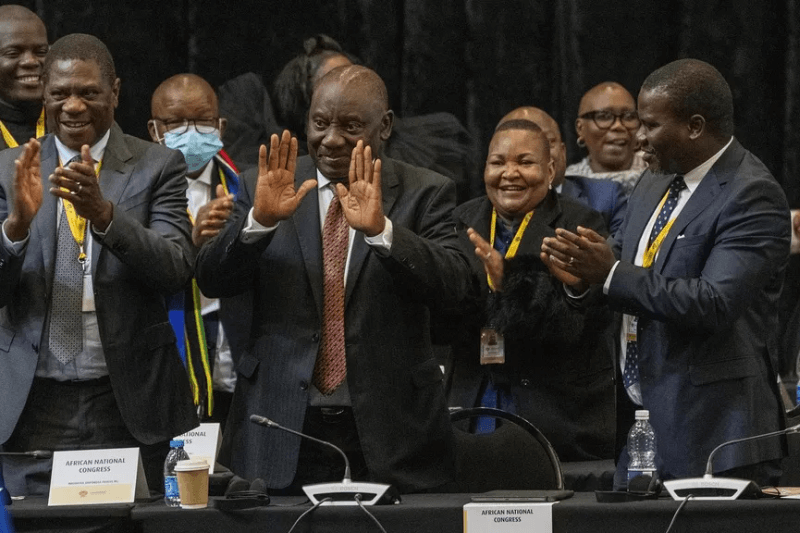Over a pre-election speech given by President Cyril Ramaphosa in May, South Africa’s Democratic Alliance (DA) sued the party it co-governs with, African National Congress (ANC). This action points early conflict between the new coalition partners. Although the DA filed court documents to the Electoral Court in May prior to the coalition’s founding, they chose to move forward with the matter.
The DA’s allegation mostly revolves on Ramaphosa’s address given three days before the May 29 national referendum. They contend that the talk, which highlighted ANC achievements during its 30-year rule, was essentially political campaigning and office abuse. The DA has urged the court to subtract 1% of the ANC’s vote and punish Ramaphosa $5,450 and the ANC $10,900.
Reacting, the ANC dubbed the DA’s court move “frivolous and unwarranted,” claiming that Ramaphosa was speaking in his capacity as head of state and thereby respecting the constitution.
Keep Reading
The ANC lost its majority for the first time and needed a coalition government since it got 40% of the vote in the election. Though once a strong critic of the ANC, the DA, the second-largest party with 21% of the vote, joined the partnership. Referred to as a “government of national unity,” this coalition has changed the political scene in South Africa, therefore ending the ANC’s hegemony since the end of apartheid in 1994.
Notwithstanding their ideological differences and past of conflict, the left-leaning ANC and the centrist DA have mainly been able to present a united front since the partnership was established. But the DA’s choice to move on with the court lawsuit exposes fundamental conflicts and the difficulties the coalition government faces.

